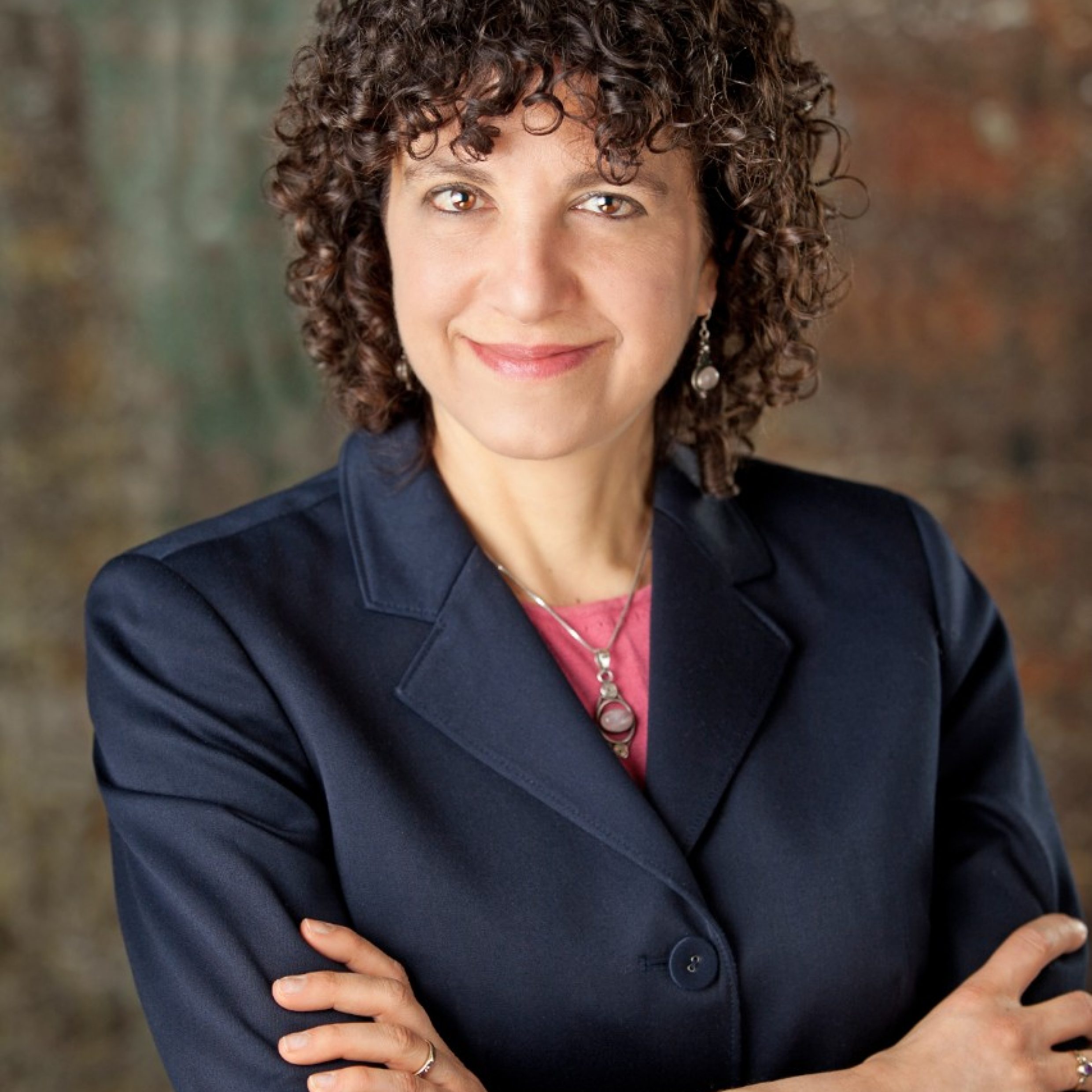Reading educates, as everyone knows. However, it is not so well known that books also extend your life. That is the finding of a new study by the prestigious Yale university.
Autumn is the season for books. The winners of the Nobel Prize for Literature are announced in October. Frankfurt Book Fair opens its doors next week, on 11 October. It is the world’s biggest and most prominent trading platform for books, rights and licences.
Autumn is a time for reading. It is also one of the healthiest things you could do, as people who read books tend to live longer than those who don’t. That is the conclusion of a broadly based study by Yale University in the US, one of the world's most prestigious universities.

Harry Potter is as beneficial as Max Frisch
It doesn’t matter whether it’s a Harry Potter novel, Max Frisch diary or Donna Leon crime novel. The amount of time spent reading is what counts.
The Yale researchers used data on the reading habits and lifestyles of 3635 people between 50 and 90 for their study. They subsequently analysed their mortality rates over the next twelve years. The participants were divided into three groups: one group was made up of people who read up to three-and-a-half hours per week (half-an-hour a day on average). A second group comprised those who read more than that. And the third group consisted of people who never read.
The outcome: “People who report as little as a half-hour a day of book reading had a significant survival advantage over those who did not read.”
Readers live almost two years longer
The findings of the study in detail are: people who spend more than 3.5 hours per week reading books had, according to the study, a mortality risk 23 percent lower than the non-readers over the following twelve years. Those who read up to 3.5 hours a week, decreased their mortality risk by 17 percent.
Converted into lifetime: according to the Yale study regular readers live 23 months longer on average than non-readers.
One could argue that people who read books tend to be better educated and earn more and, as a result, lead more healthy lives than non-readers and thus live longer. The researchers covered that angle in their study. They weighted their results including, for example, age, education, relationship status, employment situation and state of health: the longer lifespan of people who read books was independent of all these factors.
The reasons for the survival advantage
The researchers suspect that people who read books employ cognitive processes that bring them survival advantages. Extensive reading leads to mental agility and arouses empathy, they argue. It heightens social perception and emotional intelligence. Reading books also reduces stress. These are all factors conducive to a longer life.
The study also examined whether reading newspapers and magazines also extends life expectancy. The outcome is a sobering one for news junkies: “Our analyses demonstrated that any level of book reading gave a significantly stronger survival advantage than reading periodicals”, says Becca R. Levy. That is because people who read books relate more to the content of the book than people who read newspapers or magazines, thus triggering more cognitive processes.
Reading this article will therefore not lengthen your life. You do, however, have the knowledge that the key to a longer self-determined life is closer than you may have realised, i.e. in the next library or in the bookshop round the corner.



